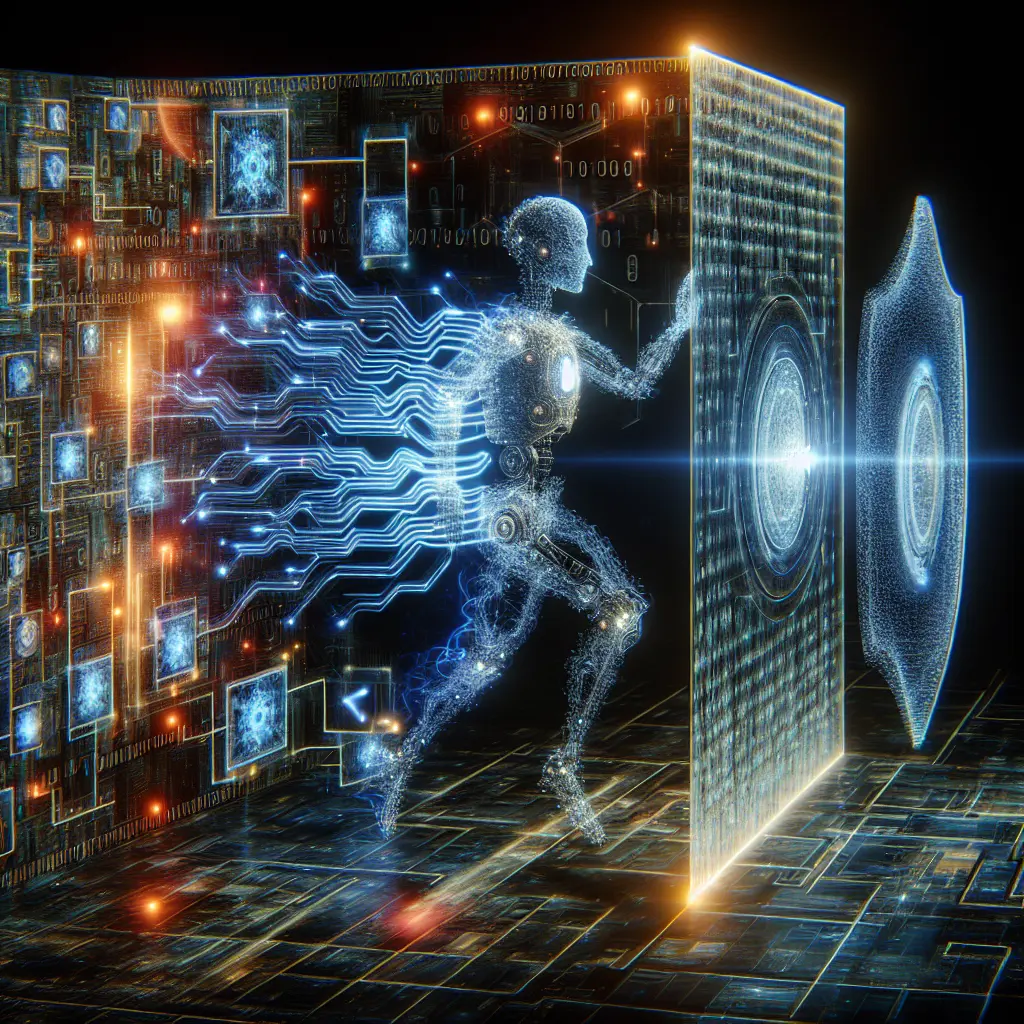
In today's digital age, the evolution of cyber threats necessitates a robust and intelligent approach to cybersecurity, and Artificial Intelligence (AI) is at the forefront of this transformation.
The digital landscape is a dynamic entity, continually expanding with new technologies and services that connect us globally. However, as our digital footprint increases, so does the complexity and frequency of cyber threats. Traditional cybersecurity methods are struggling to keep pace, making the integration of AI into cybersecurity not just beneficial but essential.
The Role of AI in Cybersecurity
AI is revolutionizing the field of cybersecurity in several significant ways:
Real-Time Threat Detection:
- AI systems can analyze vast amounts of data in real-time, identifying patterns and anomalies that might indicate a cyber threat. This capability allows organizations to respond to threats immediately, reducing the potential damage.
Automated Defense Mechanisms:
- AI can automate responses to common threats, allowing cybersecurity teams to focus on more complex attacks. Automation reduces the time it takes to react to incidents and ensures consistent application of security protocols.
Predictive Analytics:
- By analyzing historical data and recognizing trends, AI can predict potential future threats. This predictive power helps organizations prepare and reinforce their defenses against anticipated attacks.
The Growing Complexity of Cyber Threats
As we advance technologically, cyber threats have become more sophisticated. Hackers are employing advanced techniques, including AI themselves, to bypass traditional security measures. The arms race between cybersecurity experts and cybercriminals is intensifying, making AI's role even more critical.
Benefits of AI in Enhancing Digital Security
- Increased Efficiency: AI can process and analyze data far quicker than any human, allowing for faster identification and mitigation of threats.
- Cost-Effectiveness: Automating routine security tasks saves valuable resources and reduces the overall cost of maintaining robust security systems.
- Scalability: AI solutions can easily adapt to handle increasing volumes of data and an expanding number of devices connected to the network.
Challenges and Considerations
While AI offers immense potential, it also comes with challenges:
- Data Privacy Concerns: As AI systems require vast amounts of data to function effectively, there is a risk of infringing on personal privacy.
- Dependence on Technology: Over-reliance on AI could lead to complacency among human operators.
- Ethical Implications: The deployment of AI in cybersecurity raises ethical questions about surveillance and data usage.
Conclusion
The integration of AI into cybersecurity strategies is not a choice but a necessity as we advance into an era where digital threats are ever-present. By leveraging AI's capabilities, we can not only enhance our defenses but also anticipate and neutralize potential threats before they manifest.
For those interested in delving deeper into how AI is shaping the future of cybersecurity, you can read more from Ananthakrishna V's insightful article here.
In this rapidly evolving digital world, let us embrace AI as our ally in safeguarding our digital privacy and security. Stay vigilant, stay informed, and let's build a safer digital future together.
Author: Emily Johnson